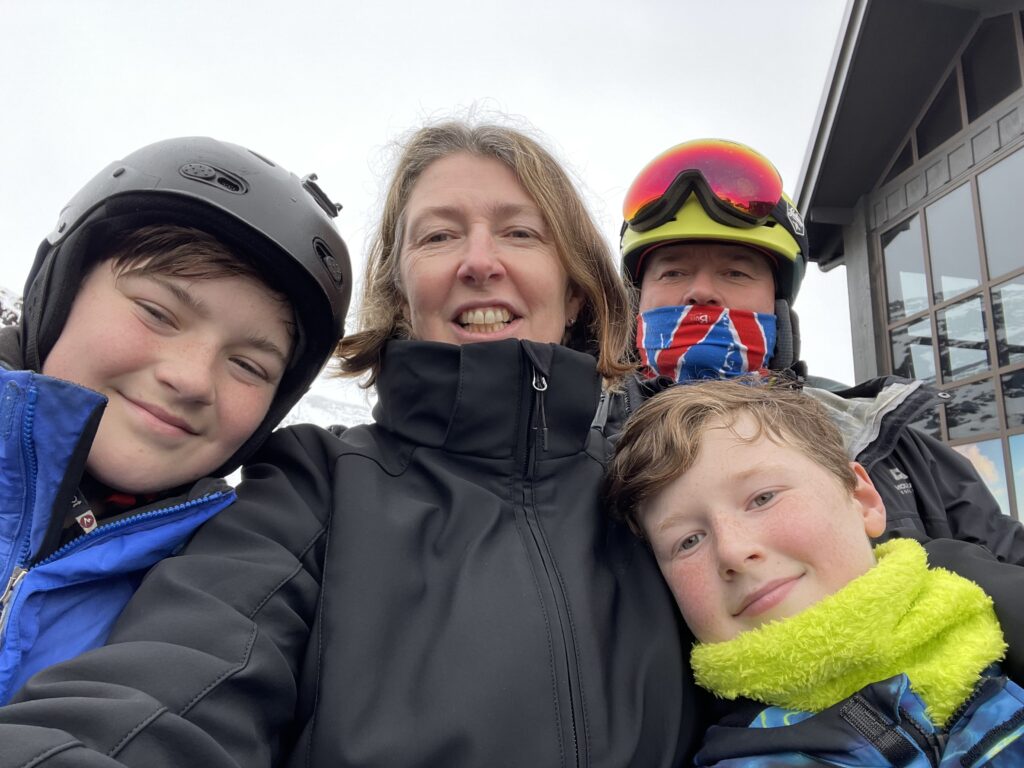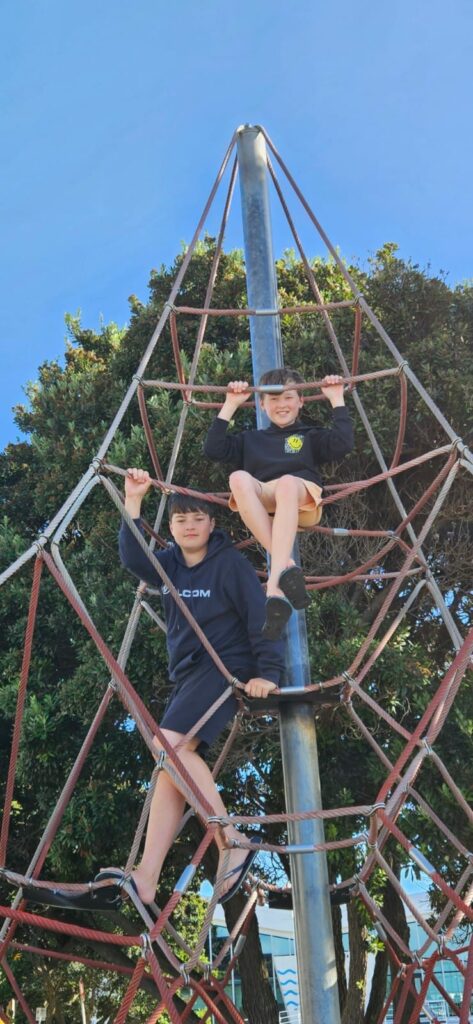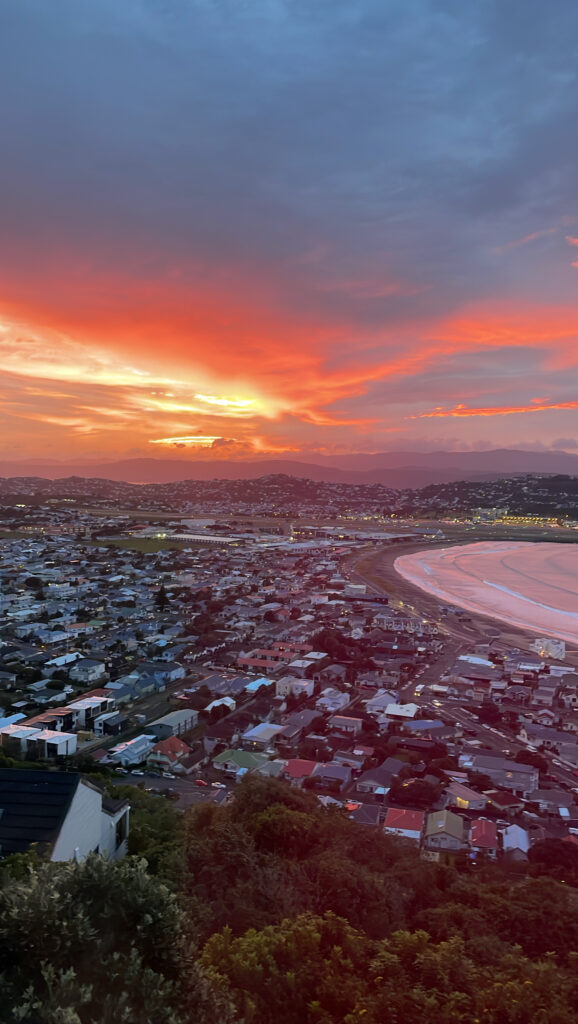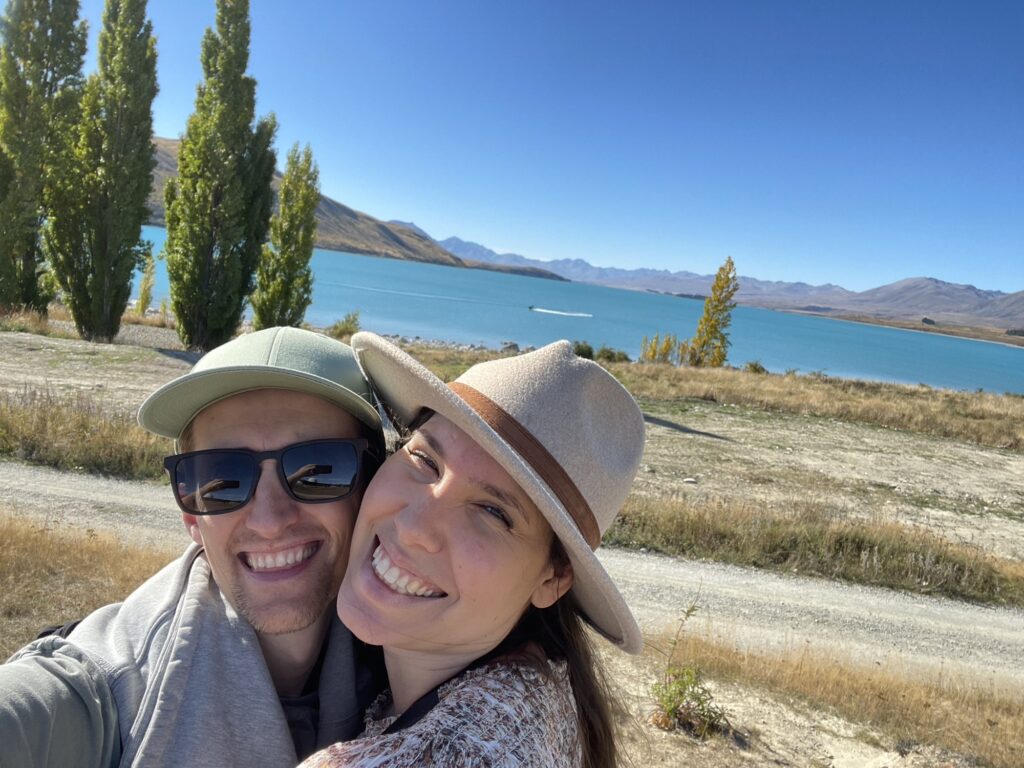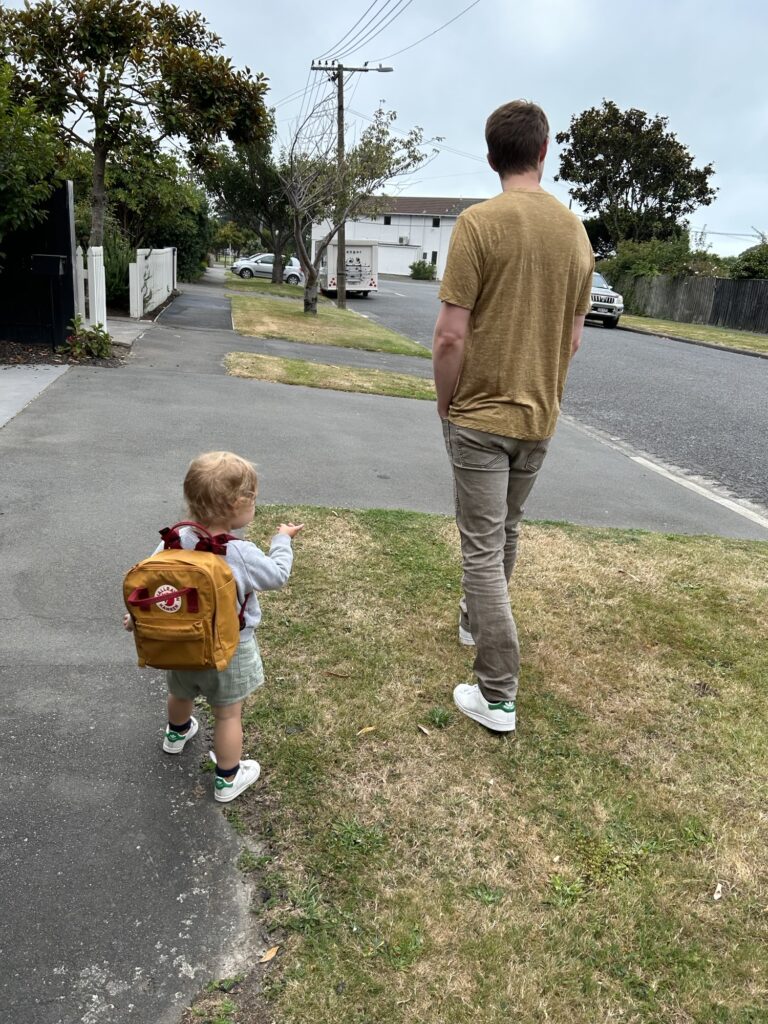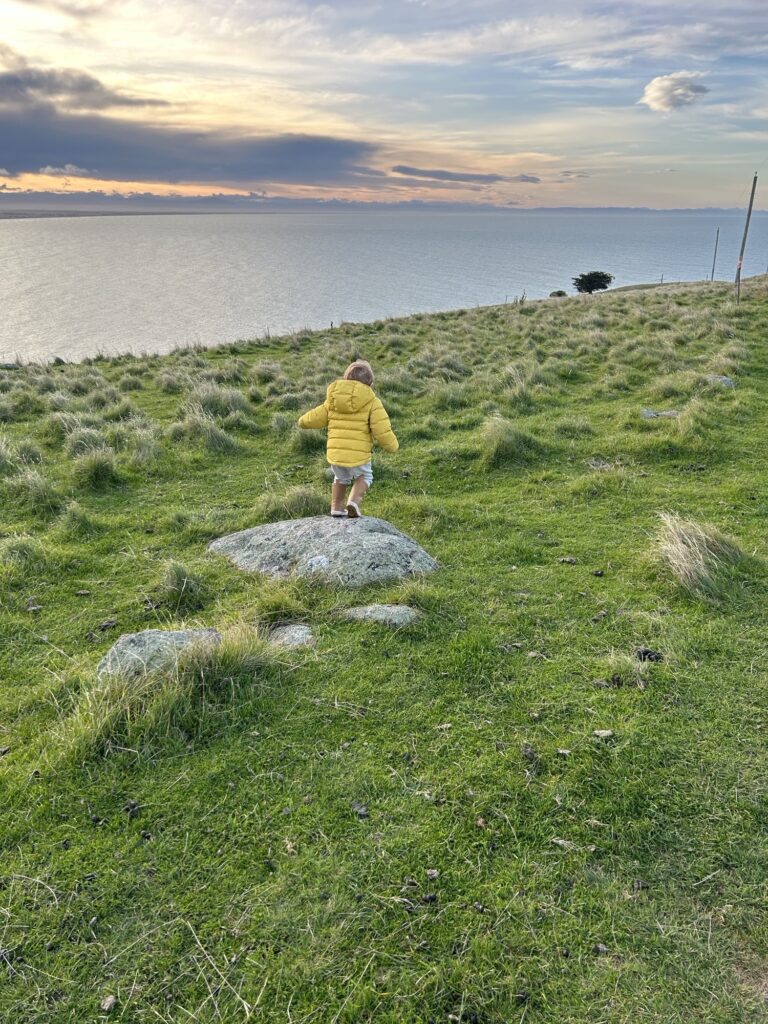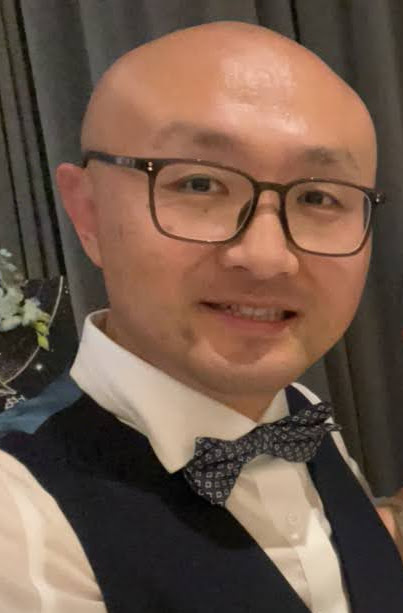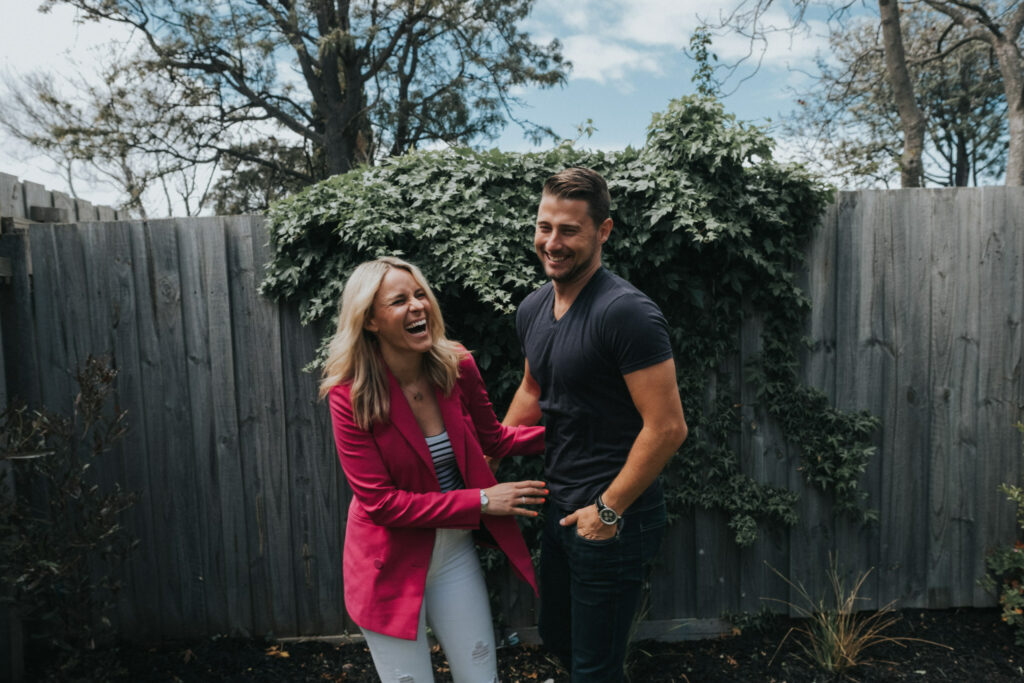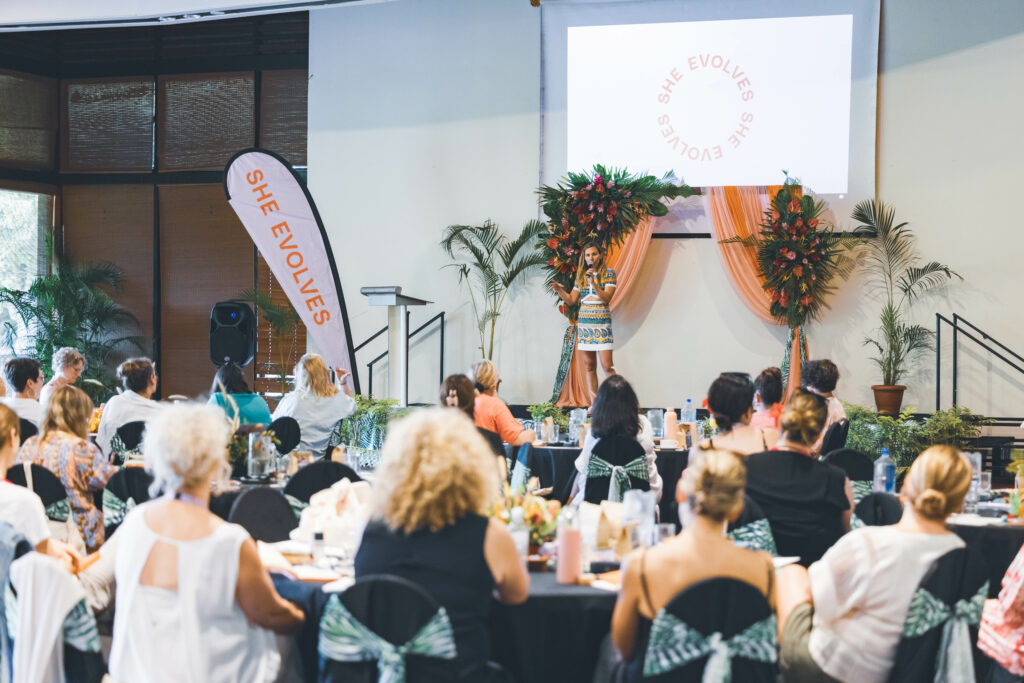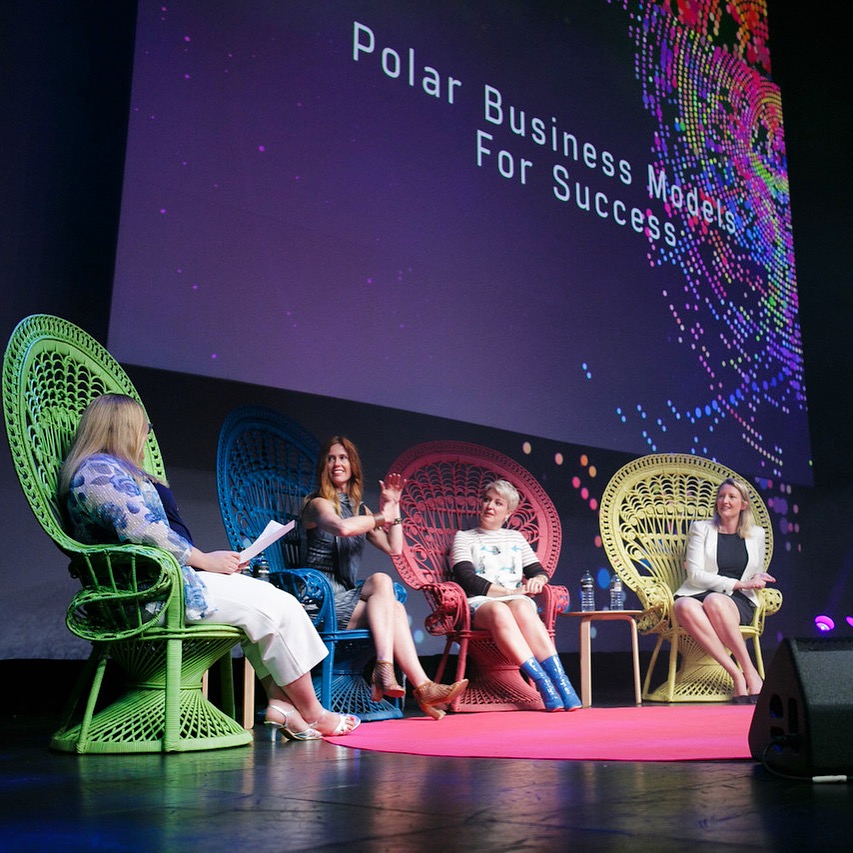Aislinn and her Irish partner had been living in the UK for 12 years and enjoying all that London had to offer, however juggling two young children and two careers without family support was starting to take its toll. Aislinn was conscious that her Wellington based parents were getting older and none of their five children were close by to help out if and when they needed it.
“We started asking ourselves what mattered most and evaluating where we wanted to be. I had been out of the country for more than a decade and my partner had never lived in New Zealand so it was a big decision to move home, but ultimately it came down to what’s important. Having my kids being able to spend time with their grandparents and build that relationship with them is really special, it’s time you don’t get back, and at the end of the day I think your family will always come out on top.”
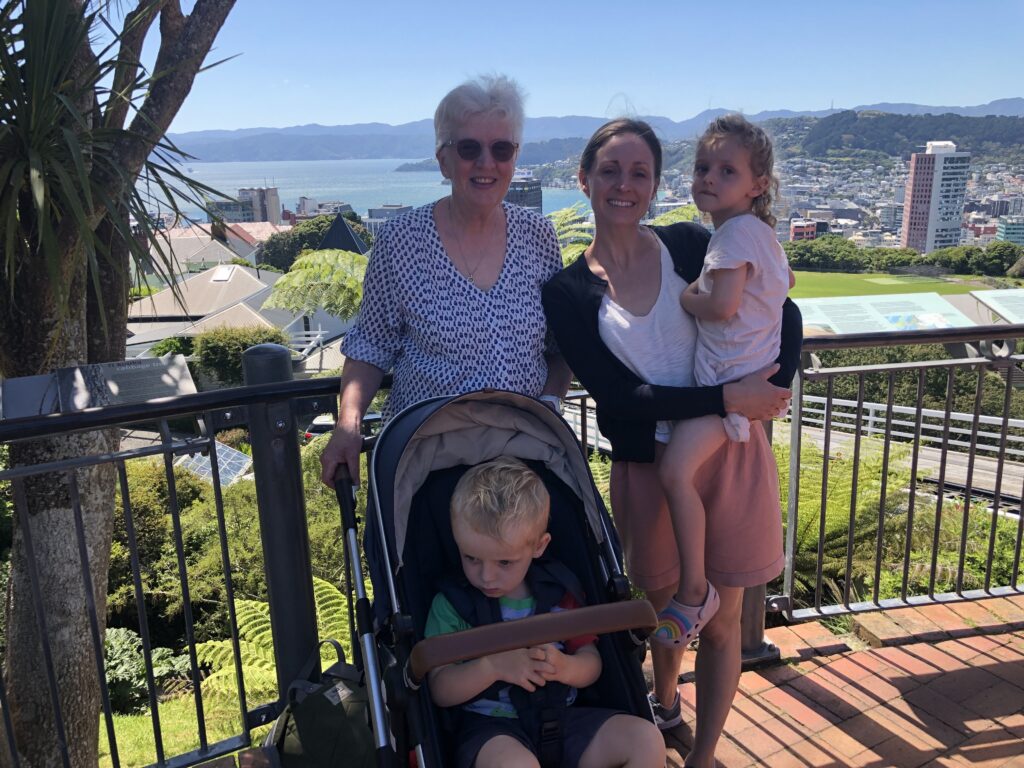
Since Aislinn’s partner didn’t have a New Zealand passport the couple had to apply for a visa and were warned it could take up to 13 months to process, thinking they would apply and get that underway while they sorted other things out made Aislinn initially feel like she was really organised, until they found themselves racing against the clock.
“We were notified that the visa had been accepted and processed in just seven weeks after we applied, which was great, until we found out that we had to land in New Zealand by September to keep it valid. All of a sudden we had to move quite quickly, we had a flat we wanted to sell and we had to pack everything up – living somewhere for 12 years you don’t realise how much stuff you have accumulated, we also both had to find jobs and sort the kids out, I was so focused on the admin I never stopped to think about actually arriving in Wellington.”
Aislinn applied for a job as the General Manager for the New Zealand String Quartet, and after interviewing online, the family was in the car on the way to the airport when she got the call she had been successful.
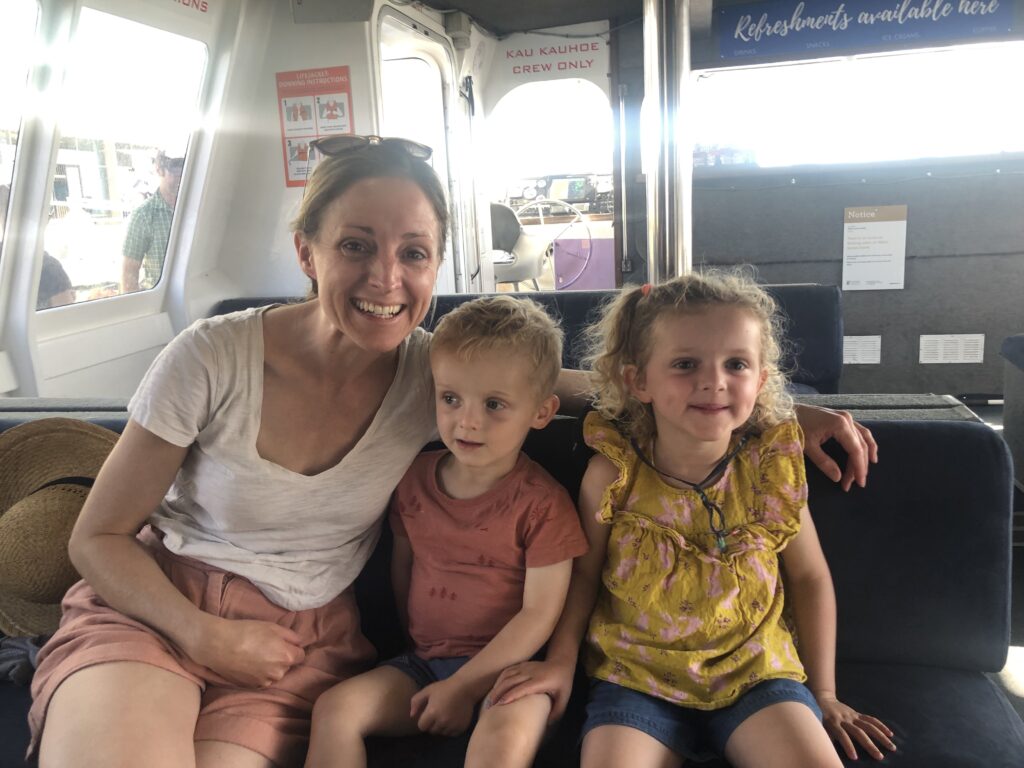
“It was really nice to know I had something lined up, Wellington has such a great arts and culture scene so I didn’t see the move as problematic for my career. Obviously this is a smaller organisation than ones I had been working in overseas, but I actually like that. When you’re working with a string quartet, by its very nature, it’s a very agile organisation. We can jump at opportunities. We can do more experimental things rather than, you know, working with an orchestra, where you need a concert hall and a lot more planning time because you’ve got so many more people to move. Because of New Zealand being the size that it is, and Wellington being the size that it is, I very quickly got to know all the other people working in the same industry and everyone kind of has each other’s backs. If you have an idea and you want to make something happen you talk to a few people and all of a sudden things are moving really fast.”
Since moving back to the capital the family have been embracing all the city has to offer and Aislinn says Wellington is a fantastic place, especially if you have a young family.
“Wellington is really beautiful, and coming from the UK I have noticed a huge change in the amount of wildlife. We are living up in the hills of Brooklyn so we can see the harbour and we are really close to Wellington Zoo and near the boundary of Zealandia. The native birds are just everywhere. We’ve got a resident tūī right by our letterbox that you can chat with when you come in, we call him Stuey the tūī, and we’ve got kākā flying all around. The kids love visiting various beaches and Te Papa. Wellington has a really great buzz to it, there is always something to do and a lot of it is free. We can’t wait till they get a bit older and we can do some of the amazing bush walks and other activities that are right on our doorstep.”
“The other thing I have really noticed is the rise of the Te Ao Māori and how readily New Zealand is embracing it. Our kids are coming home with much more understanding at three than I ever had in my 18 years of growing up here. They are already counting in Māori and singing songs and I love that that is part of their every day.”
Her advice to others would be to not sweat the small stuff. Despite the family moving home on a much faster time frame than they had initially intended, Aislinn says there were lots of things that fell into place once they landed in Wellington.
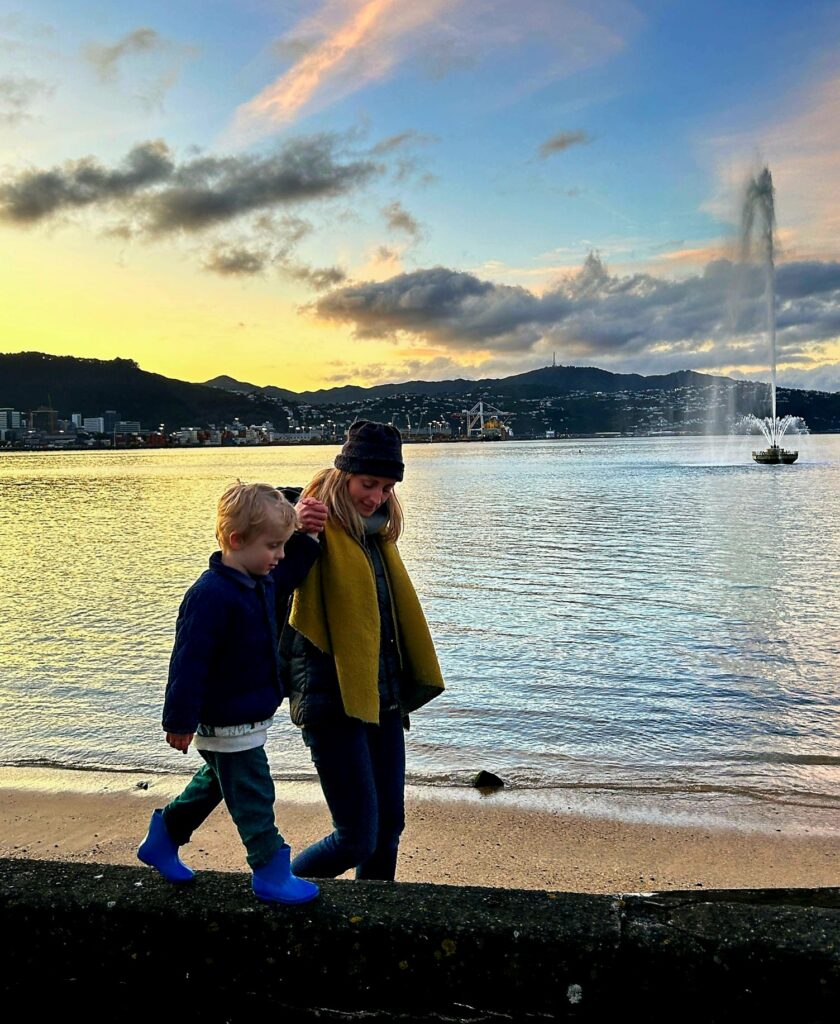
“Moving can be a really anxious time and there are all these questions that you ask yourself or things you worry about, but what we found was that New Zealand is such a friendly and open place that things sorted themselves out quite quickly once we were on the ground. Things like getting a drivers licence was much more straightforward compared to the UK and I found building up professional networks quite easy which was great. There were of course stressful elements like not being able to sell the London flat and having to temporarily move in with my parents while we found somewhere to rent, but overall it wasn’t as bad as you start to think it might be.”
Aislinn and her partner, who’s a social worker, both started work quite quickly and that combined with the kids’ social lives has meant they have been able to settle into life in the capital fairly easily.
“We have a couple of good friends who have also moved back from the UK and whose kids go to Kindy with ours. There are three families who are all going through the same journey together which is nice. It’s good to be able to share stories about the UK and also have people who really understand what this process is like.”
A year on Aislinn says the family are loving their new lifestyle and, now that they are settled she can’t imagine getting on a plane and going back, not even for a visit at this stage.
“Now that we’re here, if we’re going to have a holiday I just really want to explore Wellington and the rest of New Zealand, there is so much I haven’t seen. I just want to go on a lot of nice domestic holidays. It’s just so great to have this lifestyle, when I collect the kids from Kindy and they’re covered head to toe in paint and sand with bare feet, I can’t help thinking this was such a good decision. The kids have a healthier, happier lifestyle in Wellington and knowing that they are happy is really the most important thing.”
This content was produced in partnership with Wellington NZ. Their ‘Esc to Wellington‘ campaign is inviting skilled people to Wellington Te Upoko o Te Ika, as a destination to work, live, and thrive.

 MENU
MENU

